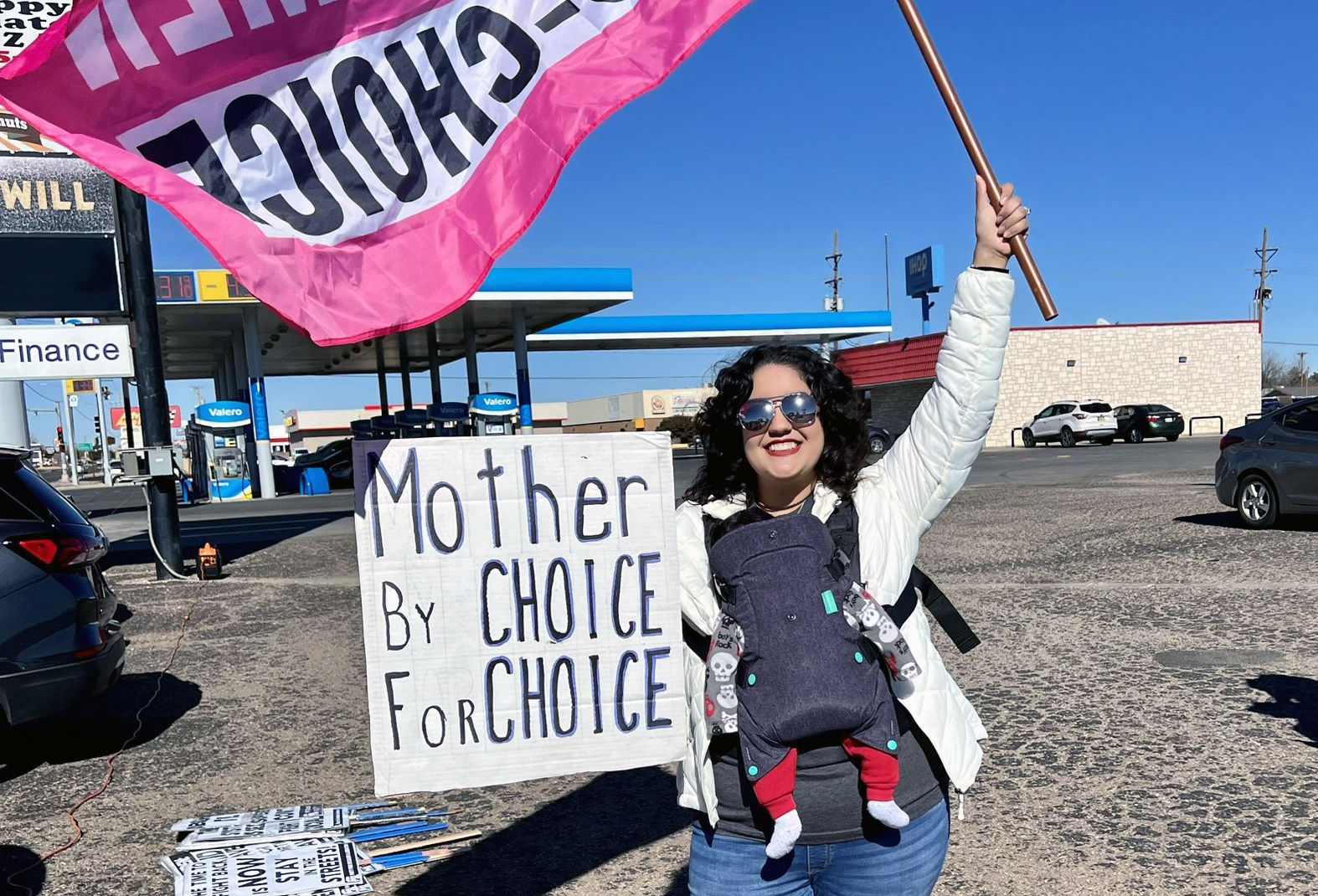
With the new year, a new legislative session began in New Mexico’s Roundhouse. While many topics are on the table and likely to work their way through the legislative process during this session, House Bill 7 addresses one of the most pressing matters currently facing the state.
The topic of abortion has been in local news quite a bit lately as a series of strict anti-abortion ordinances have been proposed and passed around the state. New Mexico has also received significant national attention for these ordinances, with publications referring to the state as a battleground in the fight over reproductive health care.
On Wednesday, five state legislators introduced a bill being called the Reproductive and Gender-Affirming Health Care Freedom Act. The bill, if passed, would add new legal complications to local anti-choice ordinances, on top of legal challenges they’re already facing.
Protecting Reproductive Care in New Mexico
While abortion has long been legal in the state of New Mexico, it isn’t considered “protected”. No laws exist that restrict or outlaw abortion, which makes it legal, but there are no state laws explicitly granting people access to abortion in New Mexico. The sponsors of House Bill 7 are hoping to change that and provide legal protections for abortion as well as numerous other reproductive health care concerns.
As anti-abortion laws were passed throughout the country following the overturning of Roe v. Wade, many had unintended consequences which affected people’s overall access to reproductive health care. In some instances, these laws even criminalized miscarriages, as well as caused many reproductive health care clinics to close which provided services beyond abortions.
On what would have been the 50th Anniversary of Roe v. Wade, State Representative Charlotte Little (D) posted to Facebook, “Millions of women across the nation lack the right to control their reproductive health by seeking an abortion. In New Mexico, we are among the lucky who are still able to make our own important healthcare decisions without interference — but there is still work to do to protect our rights and increase access to lifesaving care.” She is one of the five co-sponsors of the bill.
The proposed bill outlines “reproductive health care” as including abortion, pregnancy prevention, managing a pregnancy loss, treating cancers of the reproductive system and treating sexually-transmitted infections. It very clearly outlines New Mexicans right to access these forms of care with language that seems to specifically target local ordinances, referring to “public bodies” which would include local and county commissions. Under the proposed bill, these public bodies would be prohibited from “imposing or continuing in effect any law, ordinance, policy or regulation that violates or conflicts with the provisions of the Reproductive and Gender-Affirming Health Care Freedom Act.”
This language would ensure that local authorities are unable to take away these rights from people in New Mexico, or deprive them of services.
The group Eastern New Mexico Rising has been on the frontlines fighting in favor of choice since anti-abortion ordinances began making their way into New Mexico. Co-founder Laura Wight said of the proposed bill, “On first read of HB 7, ENMR feels optimistic that if passed, it would protect access to abortion as healthcare for all New Mexicans. The bill clearly states abortion is healthcare and that public bodies such as a city or county commission cannot pass ordinances in violation of that.”
Gender-Affirming Care Protections Included
Though abortion access has been a bigger and more mainstream news story in the US, gender-affirming care has also caught the attention of conservative activists and politicians. Because of the small number of trans people, these issues are often ignored by society at large and mainstream media does not often explore the ramifications.
Anti-trans activists are using a similar playbook as anti-abortionists, however. Trans people’s rights are under attack at state and local levels wherever conservative majorities might be, and while there haven’t been specific attempts in New Mexico to deny gender-affirming care to trans people, many fear this could be next on the to-do list of conservative commissions.
Gender-affirming care is a broad term that can refer to a variety of health care services to help with gender transitioning. The bill would protect the full range of care, including access to surgery, hormone therapy and mental health care.
ENMR’s Wight added, “We were also very excited to see access to gender affirming care included in this legislation.”
Financial Penalties for Violations
The proposed bill allows for civil actions against any public bodies found to be in violation of this law which could carry a minimum fine of $5,000. However, the civil actions could also sue for damages and attorney fees, which could in some cases be significantly more than the $5,000 minimum.
These penalties may also be applied per violation, so if a local government continues to interfere with people’s access to reproductive or gender-affirming care, following the passage of this law, they could find themselves facing many civil suits that could end up costing local taxpayers considerably.


